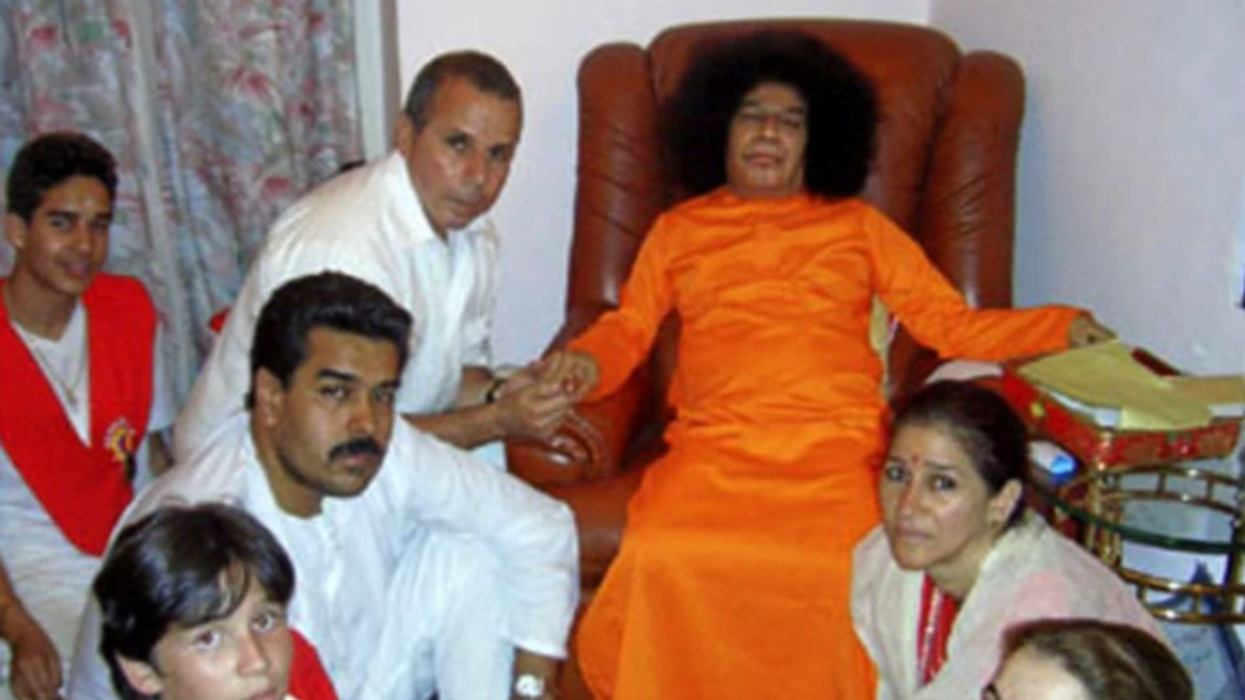PAKISTAN prime minister Imran Khan has said he will not resign at any cost, even as at least three allies of the ruling coalition have indicated to vote against his government during a no-trust motion later this month.
"I will not resign under any circumstance. I will play till the last ball (...) and I will surprise them (opposition) a day before as they are still under pressure," Khan said, without revealing details.
He told reporters in Islamabad on Wednesday (23) that the opposition has laid all of their cards, but the no-confidence motion against him would not be successful.
"My trump card is that I have not laid any of my cards yet," he said.
"No one should be under the false impression that I will sit at home. I will not resign, and why should I? Should I resign due to the pressure from thieves?" he said.
Around 100 lawmakers from the Pakistan Muslim League-Nawaz (PML-N) and Pakistan Peoples' Party (PPP) submitted the no-confidence motion in the National Assembly Secretariat on March 8. They alleged the Pakistan Tehreek-e-Insaaf (PTI) government led by Khan was responsible for the economic crisis and the spiralling inflation in the country.
On Sunday (20), the Secretariat issued a notification, paving the way for holding a key session on Friday (25).
Khan also said it was wrong to consistently attack and criticise the army as a powerful military was crucial for Pakistan.
"Had the army not been here, the country would have split into three parts."
"The army should not be criticised for politicking," he said.
Khan said he has good relations with the military.
The powerful army, which has ruled Pakistan for more than half of its 73 plus years of existence, wields considerable power in matters of security and foreign policy.
Earlier this month, the army distanced itself from the brewing political situation in the country, saying it has nothing to do with politics.
Meanwhile, at least three allies, including the Muttahida Qaumi Movement-Pakistan (MQM-P), the Pakistan Muslims League-Quaid (PML-Q) and the Balochistan Awami Party (BAP) with their 17 members have indicated to join the Opposition, Geo News reported.
Citing sources, it said that the MQM-P, the PML-Q and the BAP have decided to part ways ahead of the no-trust motion and an announcement would be made on Friday (25).
"They (MQM-P) will announce that they are with us in a day or two. After meeting the MQM-P leadership, I am completely satisfied that the no-confidence motion will be successful," the head of the Pakistan Democratic Movement (PDM), Maulana Fazlur Rehman, told the media.
Khan, 69, is heading a coalition government and he can be removed if some of the partners switch sides.
In the 342-member National Assembly, the opposition needs 172 votes to remove Khan, the cricketer-turned-politician.
The PTI has 155 members in the House and had the support of 23 members belonging to at least six political parties.
The allies are not the only worry for Khan as he faced a revolt from within the PTI after about two dozen lawmakers recently announced to part ways and vote against him. Though the government has been claiming that it has settled issues with the allies as well as the dissidents, Khan is not out of the woods as yet.
Interior minister Sheikh Rashid on Wednesday (23) said voting on the no-trust motion against Khan would be held before the end of next week.
“The speaker can fix any day between March 30 and April 1 for voting on the no-confidence motion,” Rashid said.
(PTI)
Imran Khan says he will not resign, but allies may ditch him






 Delcy Rodríguez visited Prasanthi Nilayam on October 26, 2024, to pay her obeisances to Sai Baba. (Photo credit: Sri Sathya Sai Media Centre))
Delcy Rodríguez visited Prasanthi Nilayam on October 26, 2024, to pay her obeisances to Sai Baba. (Photo credit: Sri Sathya Sai Media Centre))





